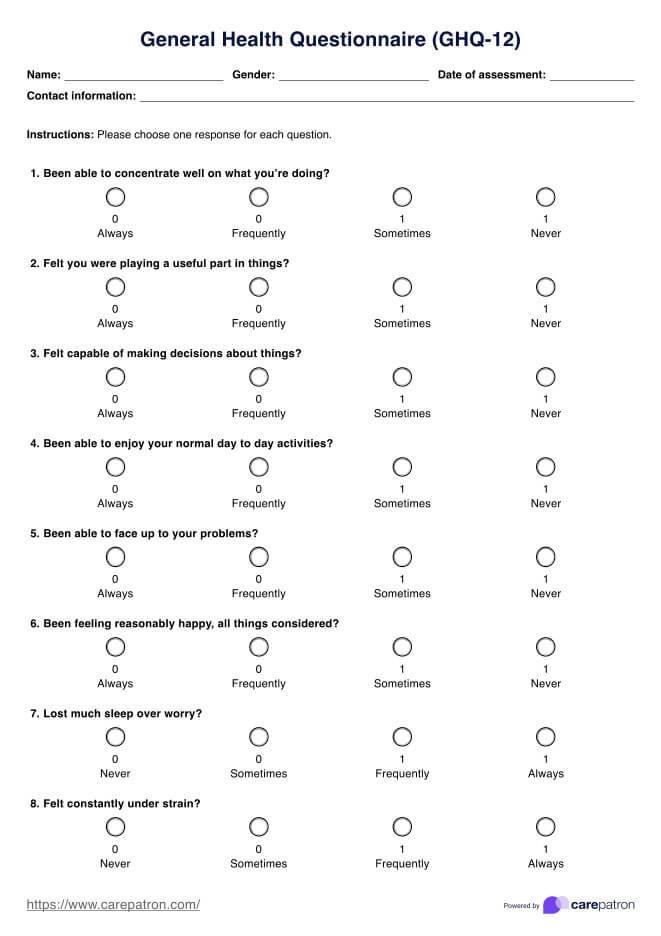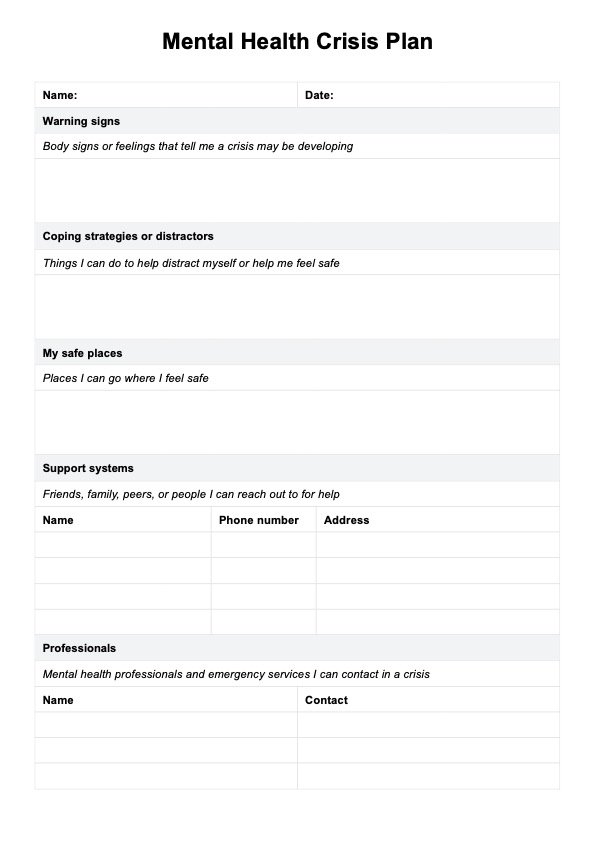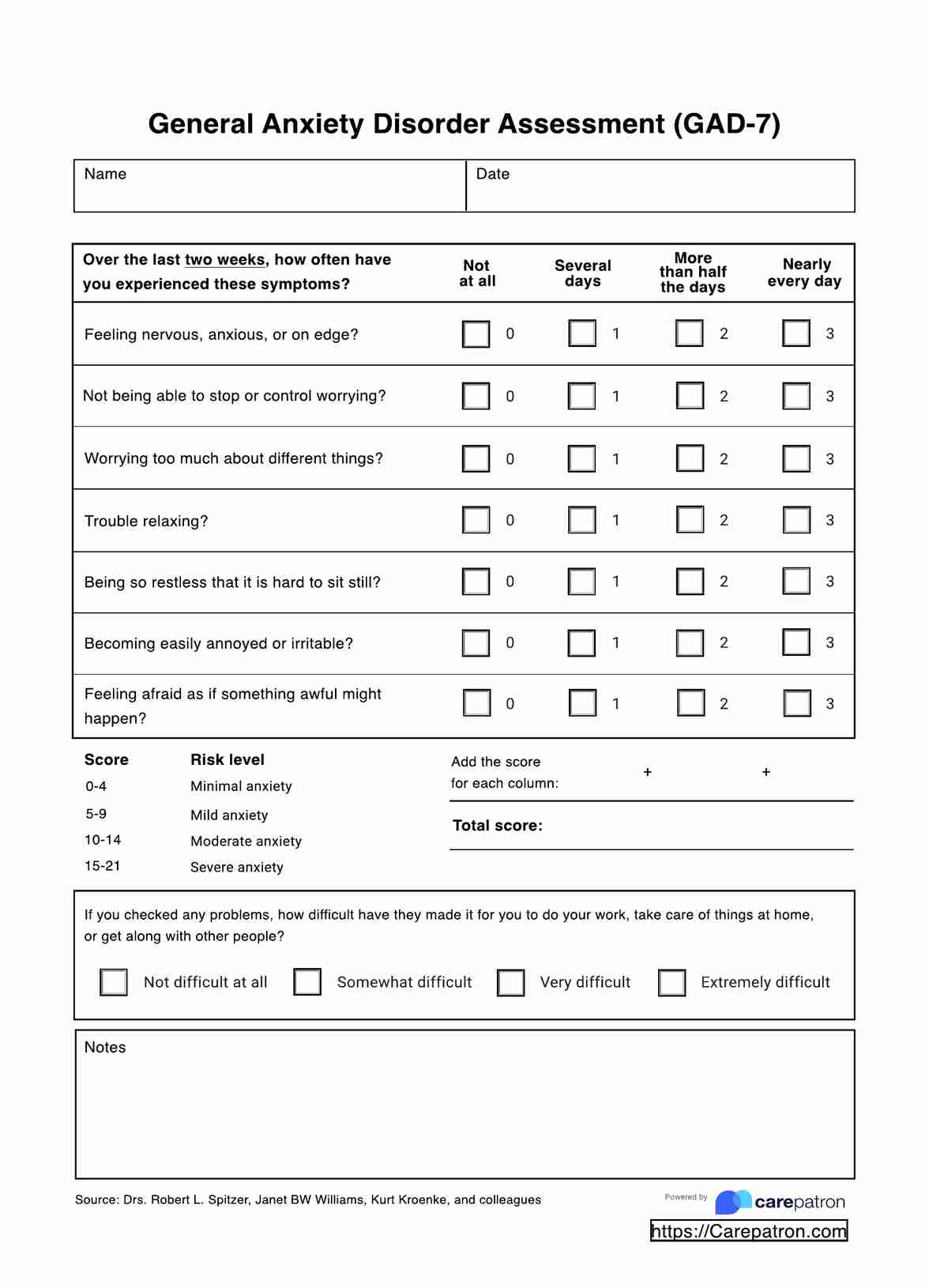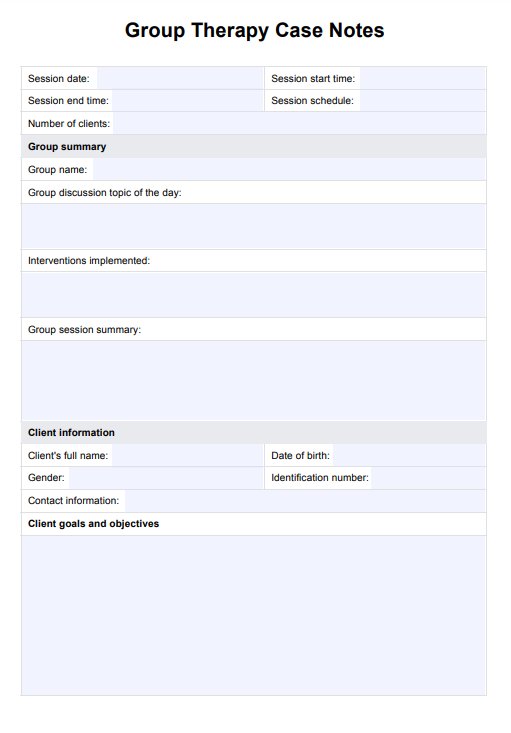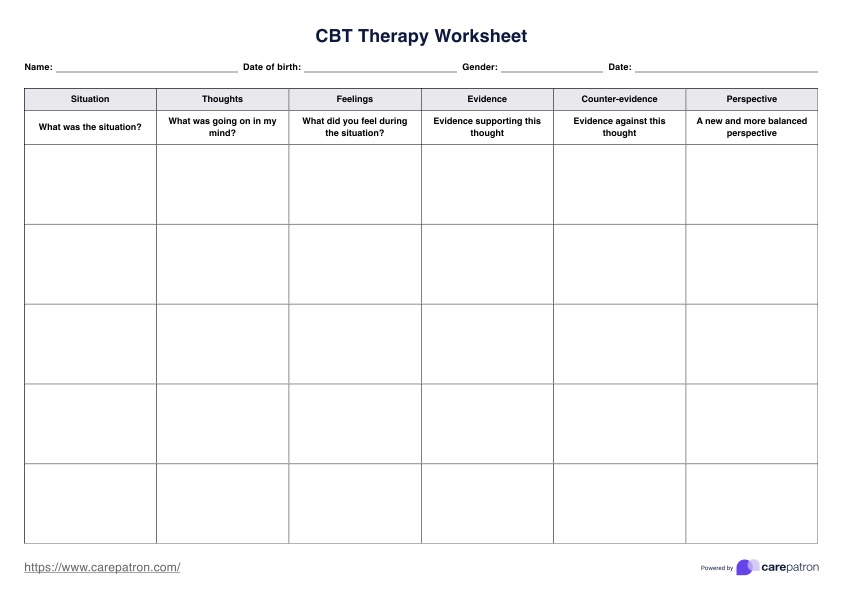Anger Meter Worksheet
Looking for effective anger management? Discover how this Anger Meter Worksheet can help you better understand and control your anger.


What is Anger Management?
Anger is a natural and powerful human emotion characterized by intense displeasure, frustration, and hostility in response to perceived threats, injustices, or provocations. It manifests as physiological and psychological reactions, including increased heart rate, elevated blood pressure, clenched muscles, and a desire to assert oneself or retaliate. Anger can vary in intensity, from mild irritation to explosive rage, and its expression can be verbal and physical.
Anger management refers to techniques and strategies to recognize, understand, and effectively manage anger healthily and constructively. The goal of anger management is not to eliminate anger, as it is a normal and occasionally necessary emotion, but rather to prevent it from escalating into destructive behavior that can harm oneself or others.
Effective anger management involves developing skills such as self-awareness, impulse control, problem-solving, and communication, which enable individuals to express their feelings assertively and resolve conflicts without resorting to aggression or violence. Techniques like deep breathing, mindfulness, and cognitive reframing are commonly used to help individuals better control their anger and respond more rationally and rationally to challenging situations.
Anger Meter Worksheet Template
Anger Meter Worksheet Example
How to use the Anger Meter Worksheet:
Here's a step-by-step guide on how healthcare practitioners can utilize this worksheet:
Step 1: Introduction to the Worksheet
Begin by introducing the Anger Meter Worksheet to your client. Explain its purpose: help them understand their anger patterns and develop healthier responses.
Step 2: Identifying a Recent Anger Episode
Guide your client to think about a recent situation where they experienced anger. Encourage them to choose a specific incident, argument, or frustration.
Step 3: Rating Anger Intensity
Ask your client to rate the intensity of their anger during the identified episode on a scale from 1 to 10. This provides a quantifiable measure of their anger.
Step 4: Describing the Situation
Instruct your client to describe the triggering situation, including who was involved, where it occurred, and what transpired. This helps pinpoint the context of their anger.
Step 5: Recognizing Physical, Emotional, and Behavioral Reactions
Guide your client to check the corresponding boxes for the physical, emotional, and behavioral reactions they experienced during the anger episode. This step aids in understanding the full spectrum of their response.
Step 6: Identifying Triggers and Developing an Action Plan
Encourage your client to identify the specific triggers that led to their anger. Finally, help them reflect on their anger episode and use this insight to develop an action plan for managing anger more effectively in similar situations in the future.
When Would you use this Anger Meter Worksheet?
The Anger Meter Worksheet can be used by anyone experiencing anger-related challenges to gain self-awareness and develop coping strategies. Mental health professionals, such as therapists, counselors, and psychologists, can incorporate the Anger Meter Worksheet into their sessions, facilitating productive discussions and personalized treatment plans for clients.
This worksheet can be invaluable in group therapy, fostering mutual support and knowledge sharing among members. Educational programs and anger management workshops can be used to teach individuals about anger awareness and control, making it a practical tool for teachers, trainers, and workshop facilitators.
Additionally, parents and family members dealing with anger issues can benefit from using the Anger Meter Worksheet to enhance communication and understanding within the family unit, with family therapists guiding them in this process.
Finally, in stress management programs, often offered in workplace wellness initiatives, this worksheet can play a vital role in helping employees recognize and manage anger as part of overall stress reduction strategies.
What are the Benefits of Using this Anger Meter Worksheet?
Identification of Triggers
Research in the field of psychology underscores the importance of identifying anger triggers. This worksheet prompts users to pinpoint specific situations or events that trigger their anger, enabling them to take proactive steps to address these triggers.
Improved Emotional Regulation
Developing effective anger management strategies is essential for emotional regulation. By using the Anger Meter Worksheet, individuals can gain insights into their physical and emotional reactions, aiding in developing healthier coping mechanisms.
Better Communication Skills
Effective communication is vital in resolving conflicts. The worksheet encourages users to recognize their behavioral reactions during anger episodes, allowing them to work on more constructive communication strategies.
Personalized Action Plans
The Anger Meter Worksheet facilitates the creation of personalized action plans based on individual reflections. Users can identify areas for improvement and develop strategies to manage anger more effectively in the future.
Strengthened Relationships
This worksheet can help individuals build healthier relationships with family members, friends, and colleagues by promoting self-awareness, emotional regulation, and improved communication.
Commonly asked questions
The time to complete the worksheet varies but typically takes 15-30 minutes, depending on the depth of reflection and complexity of the anger episode.
The worksheet helps individuals by promoting self-awareness and providing insights into their anger triggers, facilitating the development of healthier coping strategies and communication skills.
It is best used shortly after an anger episode to capture accurate details and emotions, and it can also be beneficial as a regular practice for ongoing self-assessment.
�?�


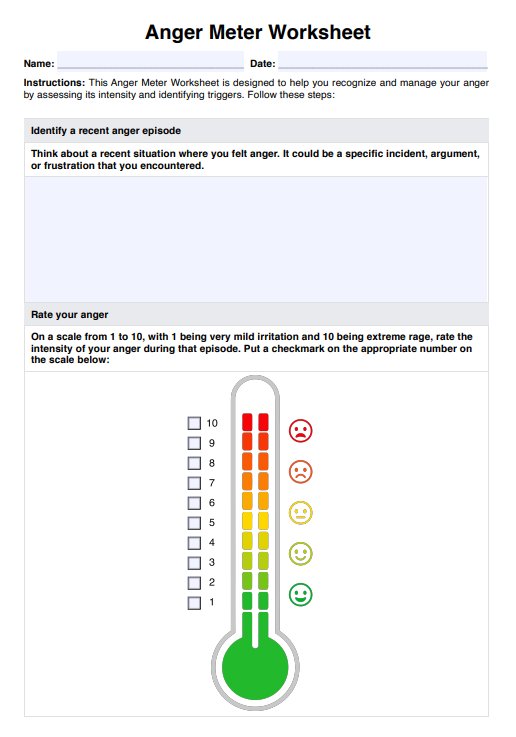


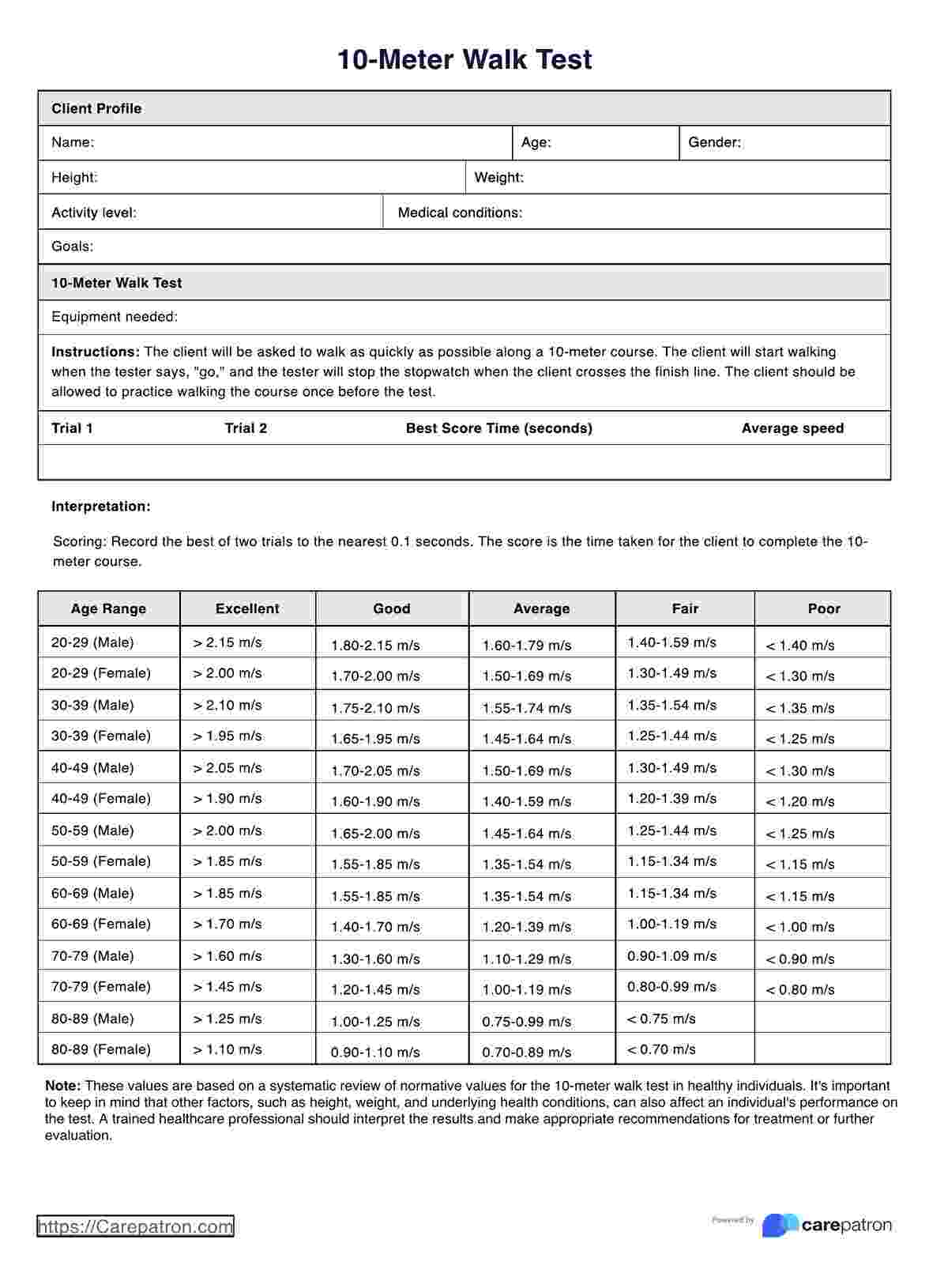














-template.jpg)






















































































